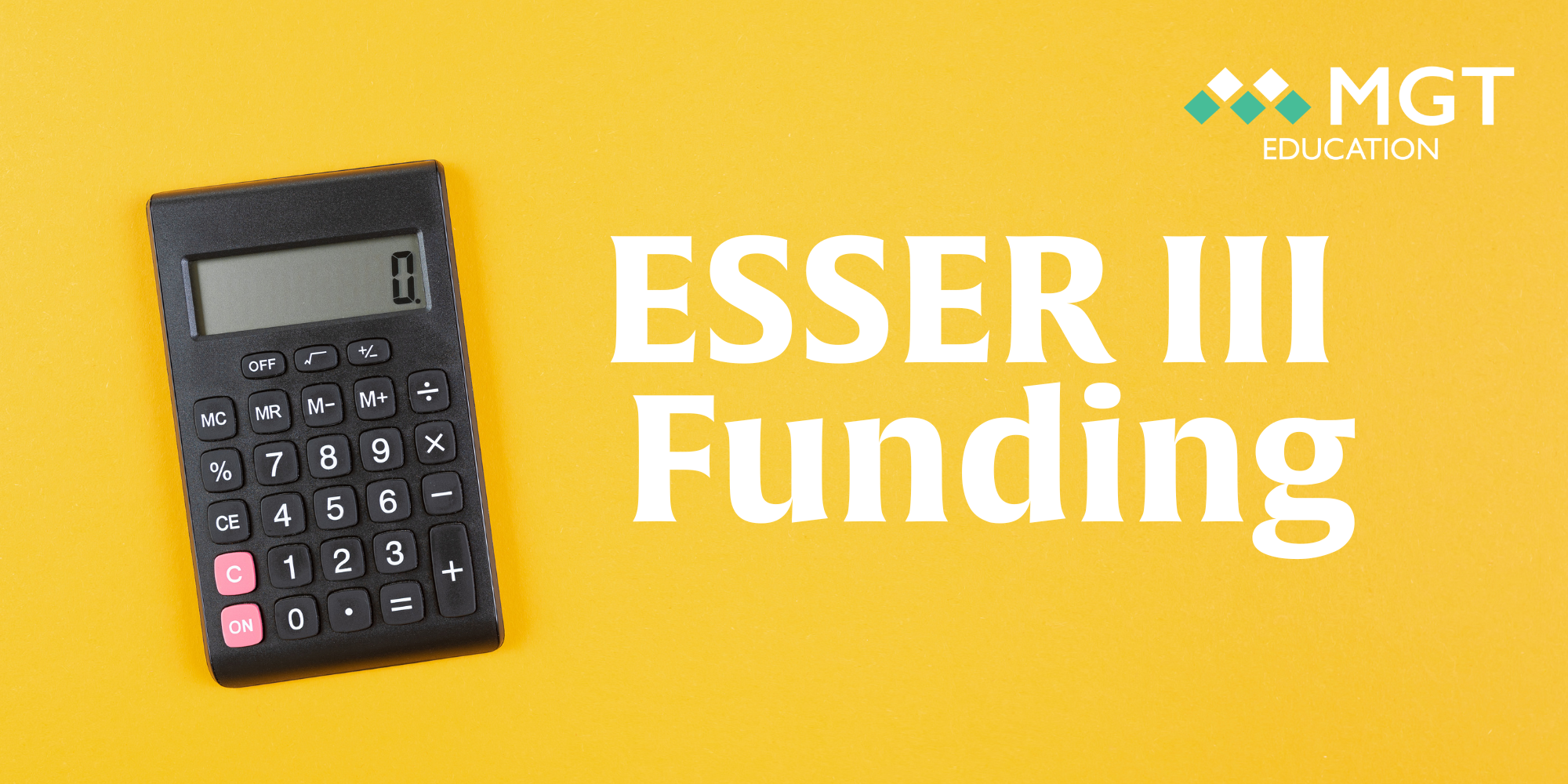It’s always exciting how technology can impact real lives through human capital management and specifically, classification and compensation (class and comp) studies. My career and education have focused on the science and technology space – I obtained a Master of Public Policy with an emphasis in Science and Technology Policy, interned at the White House Office of Science and Technology Policy, and have been a human capital consultant ever since. I entered the field because I love how technology and public policy can impact the lives of both workers and companies for the better.
One of the most important projects an organization can undertake is a classification and compensation (class and comp) study. Not only will it benefit the employees to ensure they are paid fairly and equitably, but it also benefits employers because they can recruit and retain the best talent and maintain high morale, especially in a job market that is as hot as ever.
Since these projects are highly data and analyst reliant, it’s critical to know you are doing them accurately and efficiently. With my background in process improvement and technology, I’m always looking for ways to incorporate my experiences into our human capital practice. I started to look at the ways data was collected and realized there were some processes that could be improved and tools we could add, which is why I recently brokered a strategic partnership with Salary.com.
Salary.com’s Comp Analyst market data is updated monthly, providing compensation practitioners with critical pay information that is updated more frequently than traditional salary surveys and government agency data. CompAnalyst market data not only provides HR- and organization-provided data, which is an improvement over other paid surveys that rely on unverified user-submitted data, but it allows MGT’s human capital experts to find the most recent salary benchmark data by position, industry, employee count, revenue, and even zip code. There are many options to choose, but those in the human capital space should understand that the data they use for class and comp studies is important – and unless you pay close attention – it can oftentimes be lacking.
How an organization structures a class and comp study is equally important – if done correctly, they help an organization structure their roles and pay scale competitively so they can retain the best talent. If done poorly (meaning through execution or lack of attention to the details like tools, software, and processes) the results can be misleading and even damaging for an organization’s growth goals.
That’s why there are a few things to keep in mind when you engage your human capital management consultant on your next class and comp study. They include:
- Where is the consultant getting their data? This is an important question to ask. Is the data provided from human resources or from an unknown source? The quality of data directly impacts the results of your study – so it’s imperative to ask the right questions and find out the source of the information.
- Who is doing the work? This may seem like a question that has an obvious answer. But, do you really know who is performing the work? Who is behind the scenes researching and finding the best, most high-quality and valuable data for your study? If you don’t ask this question, you may be surprised to discover the job has been outsourced to folks that are not qualified and have no experience quantifying or qualifying the data.
- How will they communicate and set expectations? Has your consultant set expectations of the study results, and how will they set expectations of those involved in the study? And are they communicating this to you properly? Find a consultant who will proactively schedule weekly status meetings and who has a plan in place to include all stakeholders prior to the study taking place.
- How will the consultant recommend implementation and modeling? Once you have the report, what do you do with it? Are they sure their recommendations can be implemented considering budgetary concerns? Can they model out how salary changes can be implemented over a few years and in alignment with your budget?
- Do they stay on to assist after the study is done? We offer 12 months of post-evaluation assistance – our team makes themselves available to the client for a year after the study because we know questions will come up and we want to be there to assist in training and implementation.
Classification and compensation studies are only growing in importance across organizations. If you are considering a study, or even in the middle of one now and want to ask questions relating to best practices, I’d be happy to discuss.










